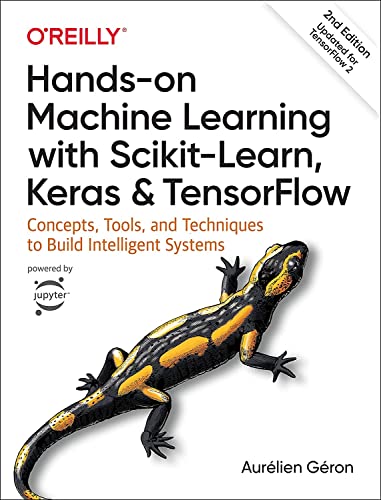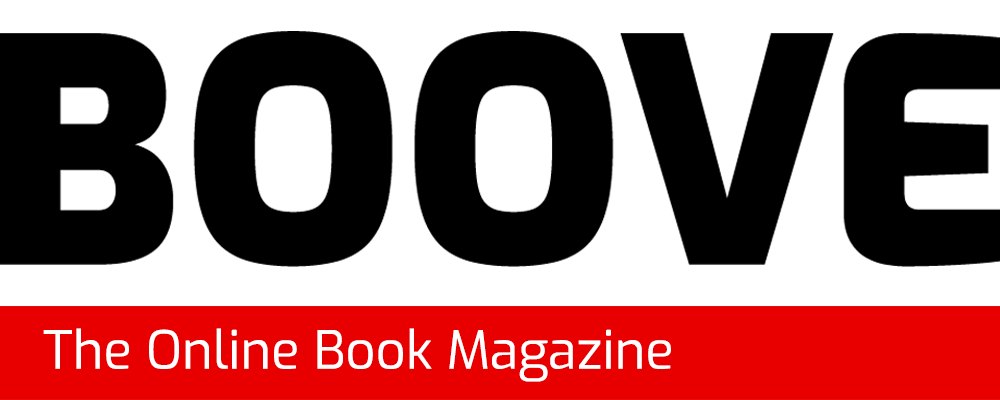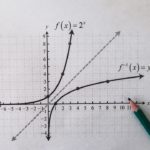This article showcases our top picks for the
Books To Learn Machine Learning. We reached out to industry leaders and experts who have contributed the suggestions within this article (they have been credited for their contributions below).
We are keen to hear your feedback on all of our content and our comment section is a moderated space to express your thoughts and feelings related (or not) to this article
This list is in no particular order.
This product was recommended by Stella Cooper from PaydayLoansUK
If you’re a programmer and fascinated by data crunching, this book is ideal. In the book’s title, the term hacker refers to a great programmer and not a skeptical computer invader. Hence, this book will help you get started with ML using lots of hands-on case studies instead of boring math-heavy presentations, which are pretty standard. Machine Learning for Hackers focuses on problems in every chapter, such as prediction, classification, optimization, recommendation, and analyzing programming language.
This product was recommended by Tony Vangelburg from RayPCB
It’s suitable for almost everyone who has an interest in machine learning. The Author was able to explain complex topics using simple words. This book was able to concede the topics into only 100 pages and still provide lots of information that works as a foundation upon which the readers can expand on. Highly recommended indeed.
This product was recommended by Madilyn Hill from TruePersonFinder Inc.
ML has a crazy range of apps in modern times, from product recommendations to voice recognition, and even those, which are not commonly used, like-self driving cars. Now, the ML basis is data, and as it has grown bigger, it’s no surprise that ML has also streamlined its features as it’s fundamental in exchanging data into knowledge. This book ranges from the evolution of essential learning algorithms and their example applications and focuses on ML algorithms for artificial neural networks and pattern recognition.
This product was recommended by Tom Greenspan from Vs Mattress
This book was my practical guide when I started Machine Learning. Although I knew the basics of Python, I appreciated how the text explained setting up a virtual environment and other primary functions. This can be helpful for a beginner and save them a lot of time. All the codes written in this book are well thought out and available on Github. The author throws in some tips and tricks that make this book even more resourceful.
This product was recommended by Charles Cridland from YourParkingSpace
This book takes baby steps into the fascinating field of machine learning. So, if anyone is interested in the subject and has no idea about it, they must give this book a go. Data science and machine learning are already complicated enough, so the book uses laymen’s terms to walk through the complex concepts. It also uses examples to build a stronger understanding. Moreover, it covers everything from setting up Python to explaining multiple machine learning algorithms. The codes are available online, too, so you can paste them into your IDE and try them yourself. Overall, it is a good book and a great learning tool.
This product was recommended by Jason Cordes from CocoLoan
Python’s interpretable machine learning can let you work more efficiently with ML models. The first portion introduces interpretability, which covers its importance in business and explores its essential characteristics and issues. In the third section, you’ll practice tweaking models and training data for interpretability by decreasing complexity, lowering bias, putting guardrails in place, and increasing reliability.
This product was recommended by Jason Cordes from CocoLoan
Introduction to Python for Computer Science and Data Science: Learning to Program with AI, Big Data, and the Cloud by the Deitels takes a novel approach to Python programming instruction. Students are given an engaging, demanding, and amusing introduction to Python programming and hands-on data science through hundreds of examples, exercises, projects, and case studies. Because of the book’s modular structure, instructors can easily adapt it to various computer science and data science courses given by a variety of majors.
This product was recommended by Steven Walker from Spylix
Programming Collective Intelligence is more of a tutorial for implementing ml than an introduction to machine learning. The book covers writing effective ML algorithms for gathering data from applications, writing programs to obtain data from websites, and inferring the data gathered. Each chapter includes exercises for expanding and improving the described algorithms’ efficiency and efficacy.
This product was recommended by Steven Walker from Spylix
Tom M. Mitchell’s Machine Learning is an excellent book for getting started with machine learning. It provides a thorough explanation of machine learning theorems and pseudocode descriptions of the underlying algorithms. The Machine Studying book is chock-full of examples and case studies to make learning and grasping ML methods a breeze. This book is essential reading for anyone interested in pursuing a career in machine learning. The book on machine learning is an excellent contender for inclusion in any machine learning course or program, thanks to a well-explained narrative, a full explanation of ml basics, and project-oriented homework assignments.
This product was recommended by Steven Walker from Spylix
If you’ve mastered the fundamentals of machine learning and are ready to move on to predictive data analytics, this is the book for you!!! Machine Learning can be used to develop prediction models by finding patterns from massive datasets. This book examines the application of machine learning to predictive data analytics in-depth, using both theoretical concepts and practical examples. Even though the title Fundamentals of Machine Learning for Predictive Data Analytics is a mouthful, this book will outline the Predictive Data Analytics path from data to insight to decision. It also covers four types of machine learning: information-based learning, similarity-based learning, probability-based learning, and error-based learning, with nontechnical explanations followed by mathematical models and algorithms with comprehensive practical examples.
This product was recommended by Kristopher Tabaie from ProVisit
I found this book to be a helpful introduction into basic machine learning concepts. It contains real worked examples explained in a step by step, easy to understand format and doesn’t overload you with the mathematics. It also offers free online tutorials linked at the end.
This product was recommended by Ellie Walters from FindPeopleFaster
In the present world of Technology, Machine learning has become an integral part of many commercial applications and research projects. In this book , you can learn about Fundamental concepts and applications of machine learning, Advantages and shortcomings of widely used machine learning algorithms, How to represent data processed by machine learning, Advanced methods for model evaluation and parameter tuning and Methods for working with text data, including text-specific processing techniques. If you have the knowledge to use Python, this book will teach you practical ways to build your own machine learning solutions. The author has included practical examples to show how the code can be used.















